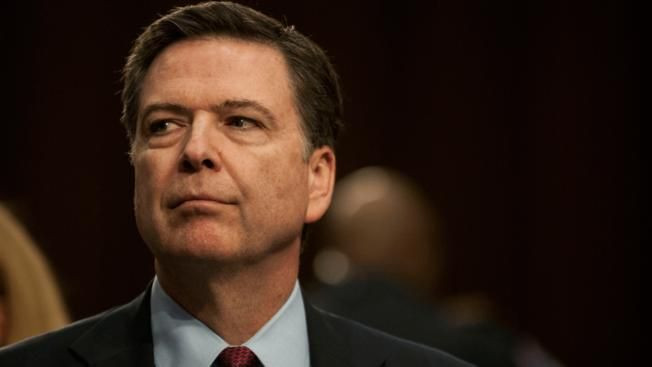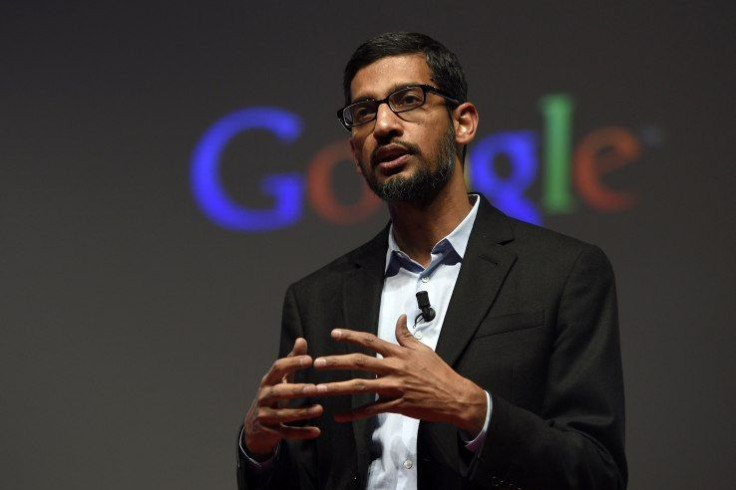The Apple vs. FBI battle over whether the company must decrypt a San Bernardino terrorist’s iPhone via security-weakening software continues to rage as Monday, Apple CEO Tim Cook posted another powerful document for customers and the government to digest. In it, he requests the government withdraw its demands and instead focus on forming a panel to discuss issues of privacy and security.
“Our country has always been strongest when we come together,” Cook wrote. “We feel the best way forward would be for the government to withdraw its demands under the All Writs Act and, as some in Congress have proposed, form a commission or other panel of experts on intelligence, technology, and civil liberties to discuss the implications for law enforcement, national security, privacy, and personal freedoms. Apple would gladly participate in such an effort.”
Cook first reached out to customers on Tuesday, after the company received a court order to help the FBI hack the San Bernardino shooter’s iPhone. A court magistrate ordered Apple to build custom firmware that would weaken the security on the device, allowing the government to quickly unlock it with brute force, and obtain any data stored there.
Though the FBI claimed the tool would only be used for this one isolated incident, Cook refused the order, arguing that it would set a “dangerous precedent” for future cases. The CEO then posted a letter to customers outlining the FBI’s demands, the importance of encryption, and the threat the government’s demands pose for American privacy and security.

“In today’s digital world, the “key” to an encrypted system is a piece of information that unlocks the data, and it is only as secure as the protections around it … The government suggests this tool could only be used once, on one phone. But that’s simply not true. Once created, the technique could be used over and over again, on any number of devices … No reasonable person would find that acceptable,” the post states.
Cook’s letter further outlined the danger of developing such a tool, explaining how weakening an iPhone’s defenses in this manner could impinge upon the rights of law-abiding citizens.
“The government is asking Apple to hack our own users and undermine decades of security advancements that protect our customers — including tens of millions of American citizens — from sophisticated hackers and cybercriminals. The same engineers who built strong encryption into the iPhone to protect our users would, ironically, be ordered to weaken those protections and make our users less safe.
We can find no precedent for an American company being forced to expose its customers to a greater risk of attack. For years, cryptologists and national security experts have been warning against weakening encryption. Doing so would hurt only the well-meaning and law-abiding citizens who rely on companies like Apple to protect their data. Criminals and bad actors will still encrypt, using tools that are readily available to them.”
Following the letter, the company continues to speak out about the dangerous precedent such a request sets, and was joined in its concerns by the CEOs of several major tech companies including Google, Yahoo, Microsoft and Mozilla.

Still, the government refused to be swayed by the pleas of these tech industry leaders, filing a motion to make Apple comply. Despite the motion and hearing on Monday, Apple remains firm in its decision to fight the order. Posting an in-depth FAQ on why Apple refuses to comply, the company answers quite transparently many questions customers might have about the issue.
The document addresses questions of if what the government is requesting is technically possible (it is), why Apple refuses to build the software “just this once,” and the ways in which the company has helped the government with this investigation and investigations in the past. In addition, the post addresses claims that Apple’s only concern is for their business model and marketing strategy .
At the end of the FAQ, Cook urges the government to withdraw its demands on the company, and instead form a commission to discuss issues of privacy and security. If the Justice Department refuses to withdraw its demands, Apple will have until Friday to file a formal brief opposing the order by Magistrate Judge Sheri Pym on Tuesday.
As more develops in this case, we’ll continue to provide updates. For further background on the Apple vs. FBI battle, see our earlier posts.


















